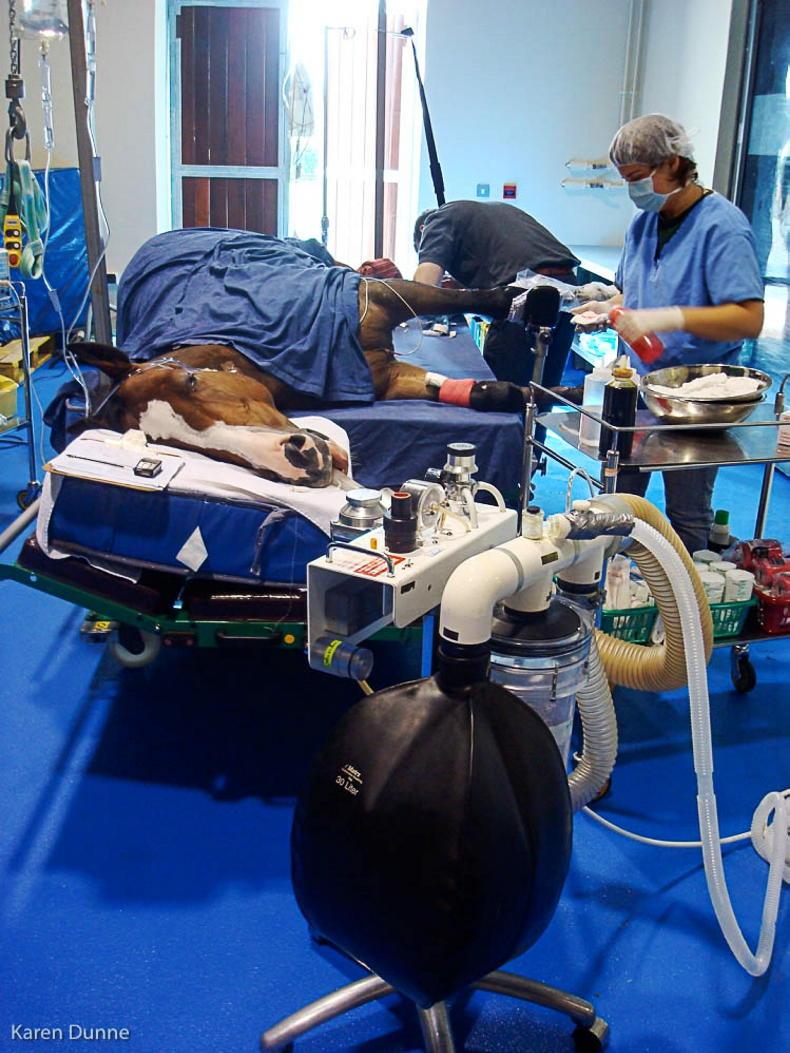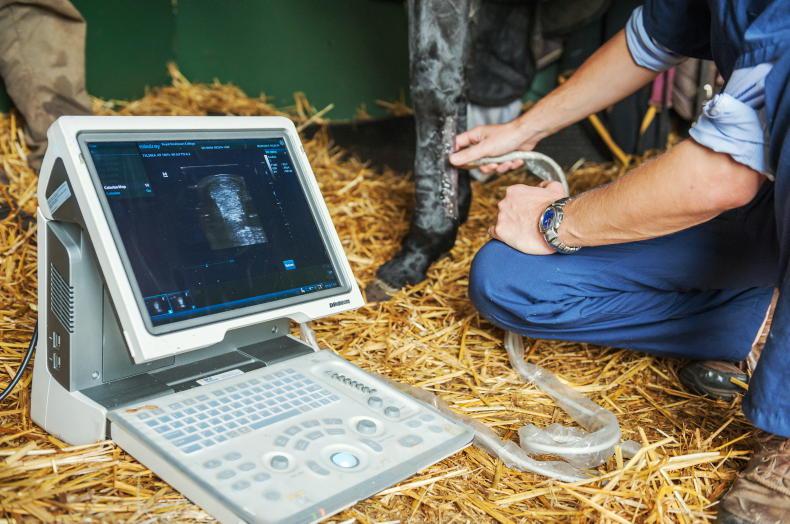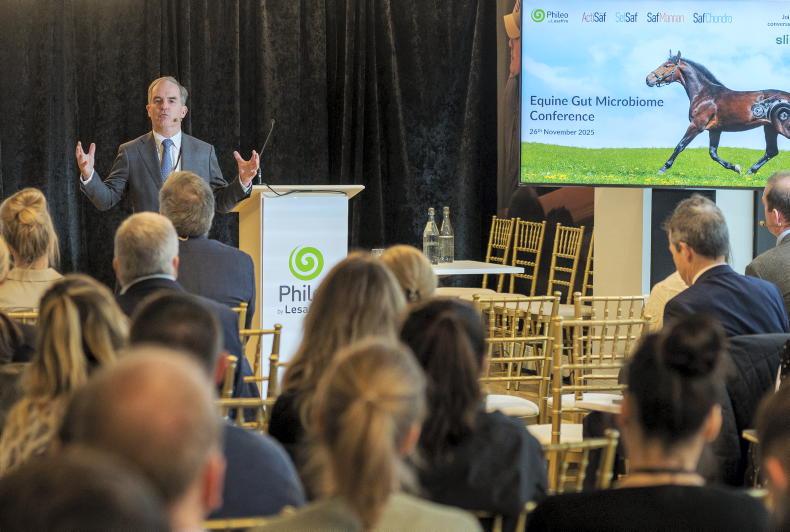SEVERAL routine elective and emergency procedures in the horse require general anaesthesia. The decision to anaesthetise your horse is not made lightly by your vet team and they will always discuss this with you. While everything is done to ensure safety, every general anaesthetic carries a certain risk and this risk is higher in horses than in cats, dogs and people.
What happens to your horse prior to undergoing a general anaesthetic?
Our veterinarians will perform a complete examination and simple blood test to make sure your horse is in good general health. Horses being admitted as an emergency might require stabilisation before anaesthesia.
Risks of general anaesthesia
Vet teams do everything possible to minimise any risk but risk cannot be avoided completely. On very rare occasions, a horse might die suddenly during induction, the operation or the recovery.
Vets work with highly experienced anaesthesiologists, surgeons and nurses who work to ensure the safety of your horse. A vet team’s first priority is always the well-being of your horse during the anaesthetic and surgical procedure.


 This is a subscriber-only article
This is a subscriber-only article
 It looks like you're browsing in private mode
It looks like you're browsing in private mode









SHARING OPTIONS: